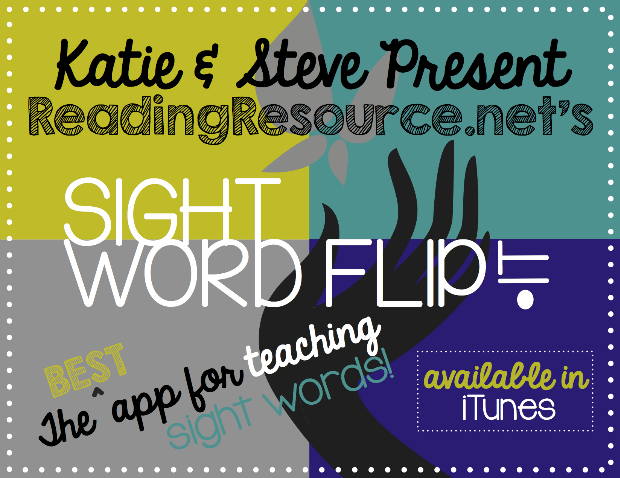Phonological Awareness
Phonemic Awareness
- FREE Phonological Awareness Activities Page for Parents & Teachers
- MORE Phonological Awareness Activities for Parents & Teachers
What is phonological awareness?
Phonological Awareness is the conscious awareness to the sound structure of our language. Basic levels of phonological awareness skills include listening to, recognizing and completing rhymes; segmenting spoken words in sentences and syllables in words; and recognizing onset and rimes.
What is Phonemic Awareness?
Phonemic awareness describes the awareness skills used to detect, blend, segment and manipulate individual sounds in words.
are phonological and phonemic awareness the same thing?
The terms phonological awareness and phonemic awareness are not interchangeable. Phonemic awareness is a subset of phonological awareness. Phonemic awareness occurs exclusively at the sound level. It does not include awareness skills at the word or syllable level. The term phoneme means sound hence the term 'phonemic awareness' or in easier to understand language ‘sound awareness’.
Why is phonemic awareness important?
Before children learn to read and write they must first understand how the sounds in words work. They must understand that our words are made up of speech sounds.
How can i tell if a child has strong phonological awareness?
Playing with Words
Counting or clapping out the words in a phrase or sentence.
- Adult: “Clap 1 time for each word you hear in this sentence, “My house is big.”
- Child: (While Clapping 4x's) "My–house–is-big."
Blending Syllables
Stating the word formed when two or more syllables are presented with a pause between syllables.
- Adult: “What word do you hear when I say “bas–ket–ball?”
- Child: “Basketball!”
Segmenting Syllables
Clapping or otherwise identifying each syllable in a word.
- Adult: “Benjamin, tell me all the beats (syllables) in your name.”
- Child: "Ben-ja-min!"
Deleting Syllables
Identifying what remains when asked to remove one or more syllables from a word.
- Adult: “Say Monday. Now say Monday without the Mon.”
- Child: "Day!"
Manipulating Syllables
Interchanging syllables in words to form new words.
- Adult: “Say birdhouse. Now, take out bird and add dog, what is your new word?”
- Child: "Doghouse!"
how can i tell if a child has strong phonemic awareness?
Phonemes
Identifying one sound by position in a word.
- Adult: “What is the first sound in morning?”
- Child: "/m/"
Blending Phonemes
Stating the word formed when two or more segmented sounds are presented.
- Adult: “What word do you hear when I say /t/, /a/, /p/?”
- Child: "tap!"
Segmenting Phonemes
Identifying the individual sounds in words.
- Adult: “Tell me each sound in the word cat.”
- Child: "/k/, /a/, /t/"
Deleting Phonemes
Identifying what remains when asked to remove one or more sounds from a given word.
- Adult: “Say pan. Say it again, but don’t say /p/."
- Child: "an!"
Manipulating Phonemes
Changing sounds in words to form new words.
- Adult: “Say map. Now, take out the /a/ and put in an /o/, what is your new word?”
- Child: "Mop!"
